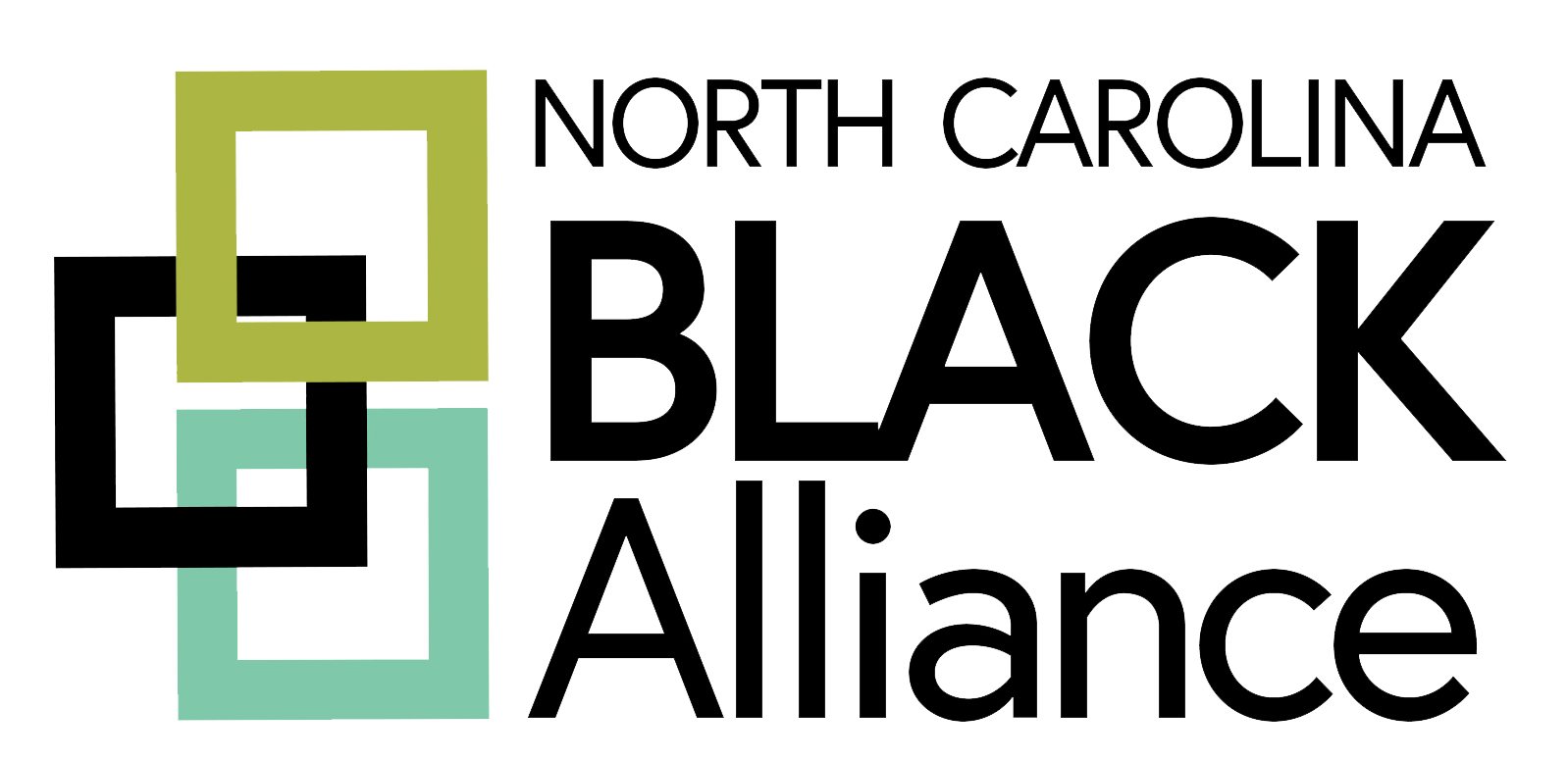Quick Points
What Government Bodies Control Environmental Policy?
There are several government organizations that work on environmental issues and can create environmental policies and regulations. At the federal level the Environmental Protection Agency (EPA) evaluates environmental and public health risks, conducts environmental research, and develops environmental regulations.
At the state level, environmental regulation and preservation of our state's natural resources are overseen by the NC Department of Environmental Quality. Local city and county governments may also have their own departments and committees on environmental issues. Visit your county/city website to learn more.
Why is Environmental Policy Important for Environmental Justice?
Environmental policy is important for environmental justice because policy has the potential to correct past and ongoing environmental injustices and set standards to prevent the continuation of environmental racism. It’s important that policy is community-informed so that it can best address the needs of the people. It’s also important that these policies and the policymakers have regulation, accountability, and enforcement systems otherwise policy is just ink on paper.
Learn More About Environmental Governance and Policy








